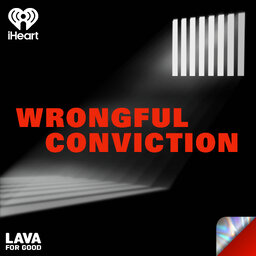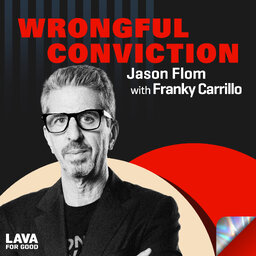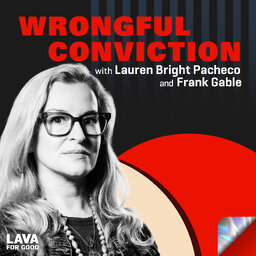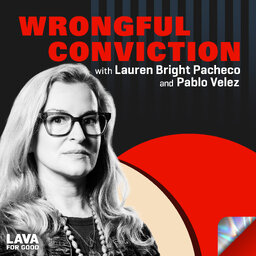Herman Atkins was a disciplined student athlete who enjoyed refurbishing old cars, growing up in the rigid household of a California highway patrolman. On January 25th, 1986, Herman Atkins was paying an auto mechanic for an engine rebuild when an armed robber stepped to the 2 men, grabbed the cash, and fled on foot. Herman grabbed the mechanic’s gun and chased the robber, firing warning shots into the air. The robber turned a corner, and Herman heard more gunshots. When he got to the corner, there were cop cars, and several people had been wounded by gunshots, including 2 police officers. Herman ditched the gun and retreated.
On April 8th, 1986, Herman Atkins is in Texas for the birth of one of his children, when an armed man entered a strip mall shoe store in Lake Elsinore, CA, forced the 23 year old female clerk to perform oral sex on him, ejaculated, leaving semen on her sweater, and stole $130 in cash and the clerk’s jewelry. When authorities caught up with Herman in November of that year while he was visiting family in Phoenix, AZ, Herman was finally made aware that he was wanted for both the January 25th incident and the Lake Elsinore kidnapping, robbery, and rape.
After multiple cross racial eyewitness misidentifications, a jailhouse snitch seeking leniency, and both police and prosecutorial misconduct, Herman was wrongfully convicted, sentenced to 47 years and 8 month in prison, and shunned by his father. After hitting the law books in prison and gaining the support of the Innocence Project, the semen stained sweater was tested for DNA, excluding and exonerating Herman. Despite this and his civil litigation victories, Herman was not truly whole again until mending the rift caused by what he describes as his father’s treason against the father-son relationship.
You can delve deeper into Herman’s story through the documentary “After Innocence” or in his book “Wrongfully Convicted, Rightfully Committed: The Reincarnation of Herman Atkins After 12 Years in Prison,” available soon wherever books are sold. He is also available for speaking engagements on the topics of judicial reform, the aftermath of exoneration, as well as his own story.
https://www.wrongfulconvictionpodcast.com/with-jason-flom
Wrongful Conviction is a production of Lava for Good™ Podcasts in association with Signal Co. No1.
We have worked hard to ensure that all facts reported in this show are accurate. The views and opinions expressed by the individuals featured in this show are their own and do not necessarily reflect those of Lava for Good.
 Wrongful Conviction
Wrongful Conviction


